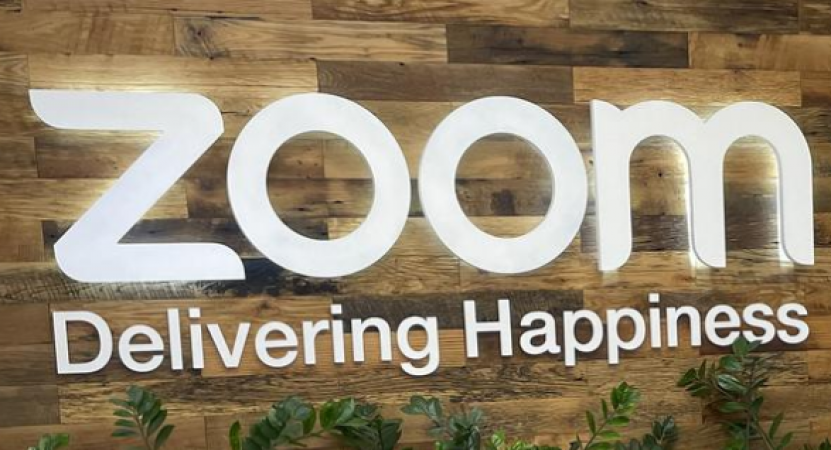
New Delhi: In a strategic move set to reshape its work dynamics, Zoom, the renowned video conferencing giant, has announced a revised work policy mandating employees residing within a 50-mile radius of its offices to work on-site for two days a week. This transitional approach is scheduled for implementation throughout August and September.
Eric Yuan, Zoom's CEO, emphasized the adoption of a "structured hybrid approach" as the company's preferred path forward. Yuan emphasized that the bi-weekly office presence would facilitate enriched collaboration, bolster relationships, and foster innovation among employees.
The announcement has elicited a mixed spectrum of reactions within Zoom's workforce. Some employees are buoyed by the prospect of returning to the office environment, anticipating the advantages it holds, while others harbor concerns about potential impacts on their equilibrium between professional commitments and personal life.
Also read: Debate on India's PDP Bill 2022 Unfolds in Rajya Sabha
While the potential ramifications of the new policy on Zoom's productivity and staff morale are still to be determined, the company's strategic bet on the hybrid model is unequivocal. This step underscores the ever-evolving landscape of work dynamics, further catalyzed by the recent pandemic-induced paradigm shift.
Pros:
Elevated Collaboration and Innovation: Regular in-person interactions could potentially spur collaborative efforts and foster an innovative ecosystem.
Also read: Bluejeans to soon wrap up the suit after downfall
Strengthened Employee Bonds: Face-to-face interactions contribute to deeper inter-employee relationships, promoting camaraderie.
Enhanced Sense of Belonging: A shared office environment can reinforce the sense of community and affiliation among Zoom's workforce.
Enhanced Work-Life Equilibrium: Proximity-based employees may benefit from a more balanced professional and personal life arrangement.
Also read: What is the Main Function of a Technology Transfer Office with Respect to Collaborative Research?
In essence, Zoom's fresh directive signals a pivotal shift towards a hybrid model of work, reflecting the fluid nature of contemporary work dynamics. As the policy unfolds and takes root, its ripple effects on the company's workforce and its operational efficiency are poised to offer intriguing insights into the potential of this emerging hybrid paradigm.